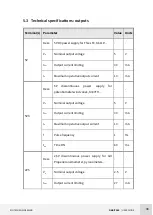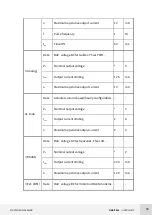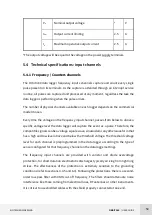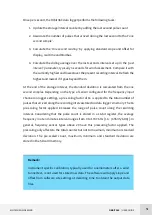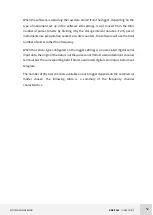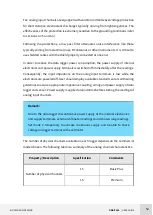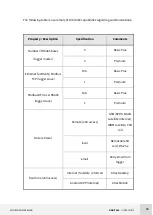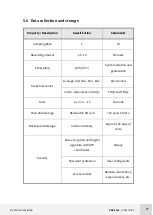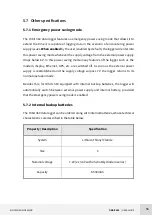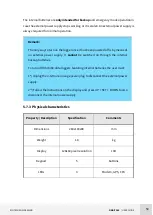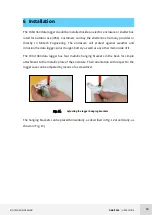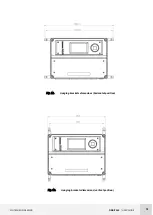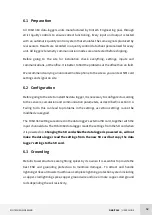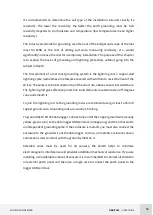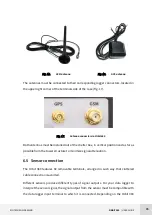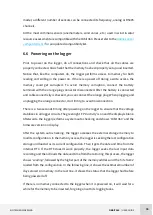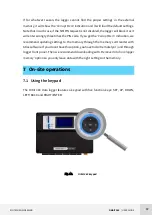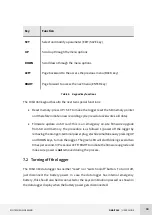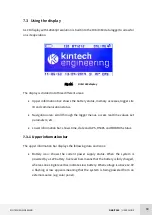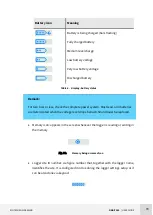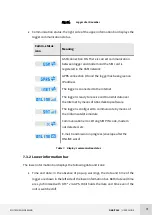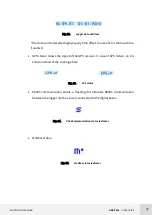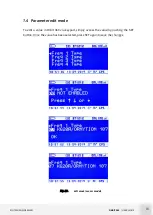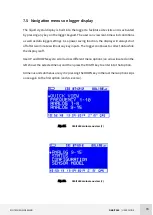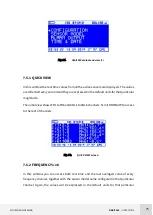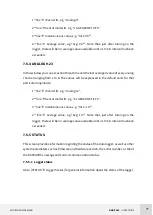
KINTECH ENGINEERING
ORBIT 360 | USER GUIDE
62
6.1
Preparation
All Orbit 360 data-loggers units manufactured by Kintech Engineering pass through
strict quality controls to ensure correct functioning. Every input and output is tested
with an automatic quality control system that emulates the same signals produced by
real sensors. Results are recorded in a quality control data sheet personalized for every
unit. All loggers’ telemetry communication modes are also tested before shipping.
Before going to the site for installation check everything, settings, inputs and
communications, at the office. It is better to find the problems at the office than on field.
We recommend carrying an unlocked mobile phone to the site so you can test SIM card
settings and signal on site.
6.2
Configuration
Before going to the site to install the data logger, it is necessary to configure it according
to the sensors, calculation and communication parameters, as described in section 3.4.
Failing to do this can lead to problems in the settings as certain settings cannot be
modified via keypad.
The Orbit 360 settings are stored in the data logger’s external SD card, together with the
input channel data. The Orbit 360 data logger reads the settings from the SD card when
it is powered on. Changing the SD card while the data logger is powered on, will not
make the data logger read the settings from the new SD card but copy the data
logger’ settings to the SD card.
6.3
Grounding
Metallic tower structures are lightning spikes by its own so it is essential to provide the
best ESD and grounding protection to minimize damages. To attract and handle
lightning strikes all towers must have a complete lightning protection system including
a copper-clad lightning spike, copper ground wire and one or more copper-clad ground
rods depending the soil resistivity.

